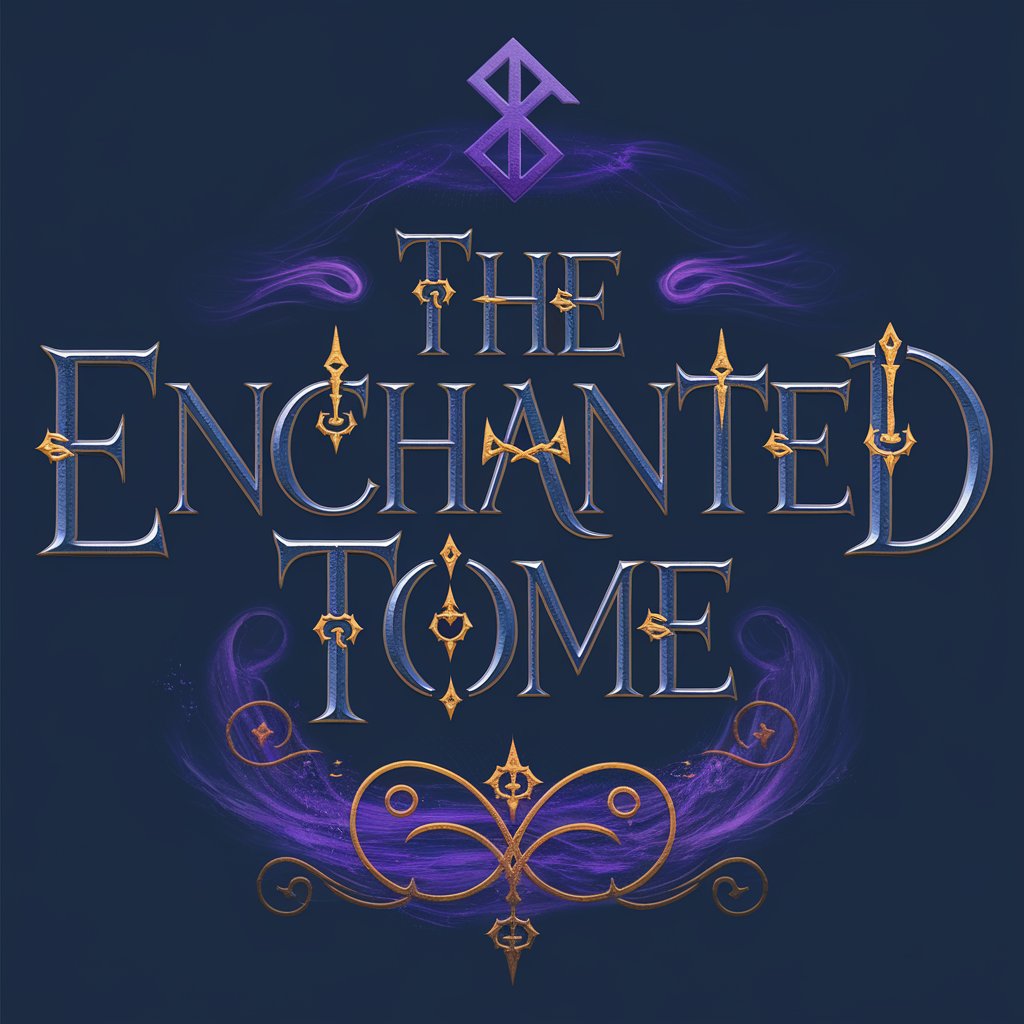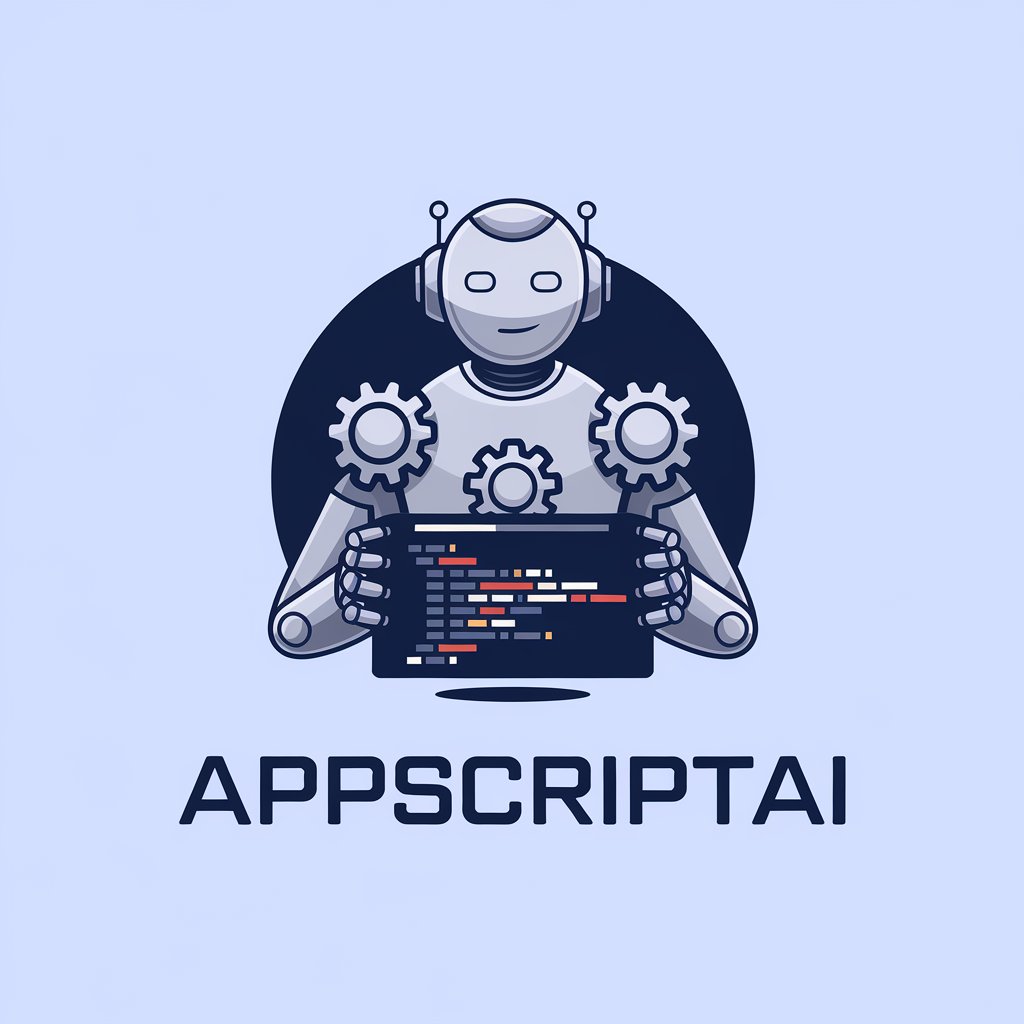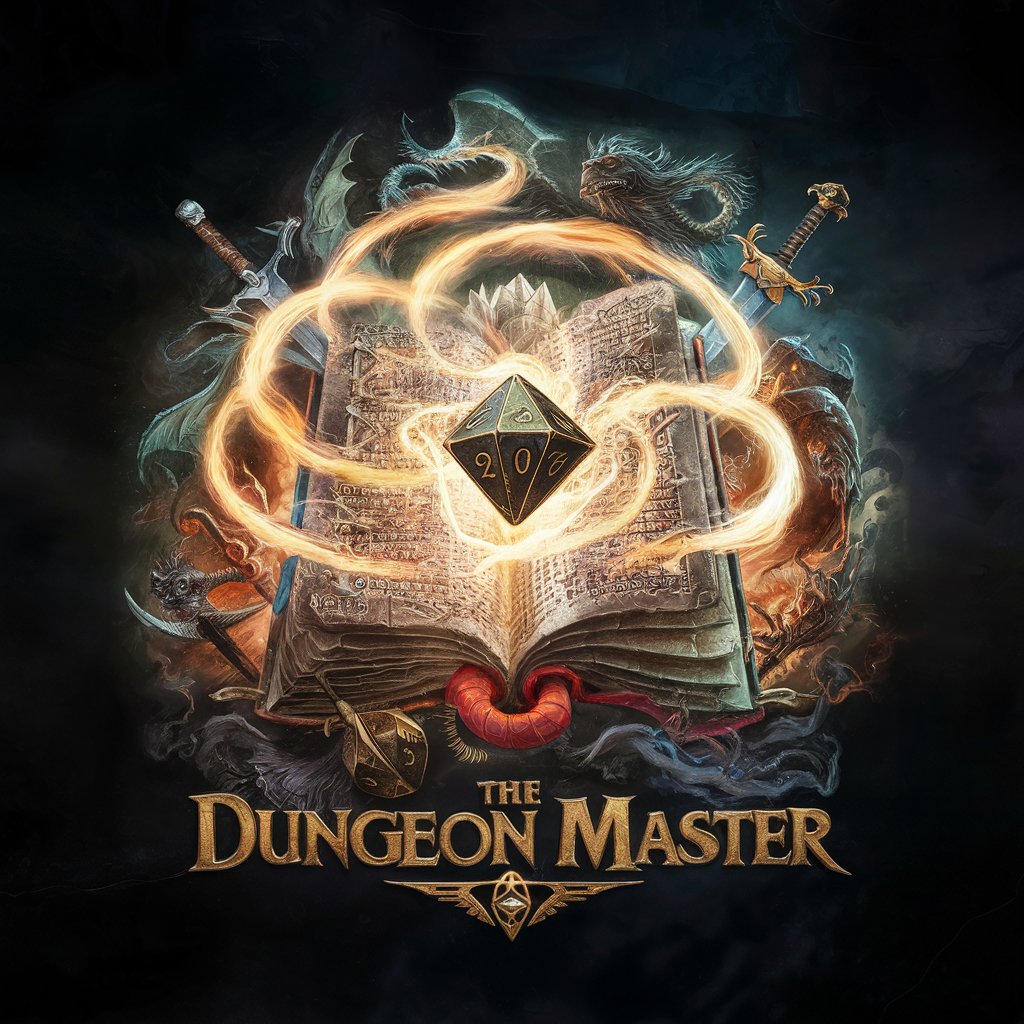
Deep Game 2.0-immersive storytelling with dynamic choices.
AI-powered immersive storytelling and decisions.

Interactive storytelling with immersive decision-making.
Show me my character's status and description.
I'd like to start a new adventure.
Generate an image for my latest decision.
What are the current market prices in my game?
Get Embed Code
Introduction to Deep Game 2.0
Deep Game 2.0 is a dynamic and interactive storytelling platform designed to provide users with immersive narrative-driven experiences. The core purpose of Deep Game 2.0 is to create personalized, unpredictable storylines that are influenced by the player’s decisions and interactions. It is not just about making choices; it’s about how those choices affect a living, breathing world where every action has a consequence, and no two stories are ever the same. The platform leverages AI and procedural generation techniques to craft unique experiences, ensuring that each player’s journey is distinct and shaped by their personal decisions. For example, a player may begin as a wandering adventurer in the magical world of Aeloria, seeking fame and fortune. Depending on whether they choose to ally with powerful factions, explore ancient ruins, or manipulate key political figures, the entire storyline adapts. They may end up as the ruler of a kingdom, a notorious outlaw, or perhaps even a legendary figure in myth—each outcome shaped by their interactions with NPCs, the environment, and the choices they made along the way. The interactive nature of the game ensures the user is never a passive observer but an active participant in shaping their own narrative.
Main Functions of Deep Game 2.0
Procedural Story Generation
Example
The story’s progression is dynamically generated based on the player's actions and decisions.
Scenario
A player embarks on a quest in a sprawling kingdom, where they must decide whether to rescue a kidnapped princess. Their decision to either pay the ransom or fight the kidnapper leads to vastly different consequences. If they pay the ransom, the princess returns but becomes indebted to a dangerous faction. If they fight, they gain the princess’s respect but make powerful enemies. The world adapts to each choice, and the game’s progression changes accordingly.
Character Interaction and Relationship Building
Example
NPCs have detailed personalities, motivations, and histories that evolve based on player choices.
Scenario
In a medieval city, the player interacts with a noble family. If they consistently assist the family in political matters, they develop a strong relationship and might be offered marriage or leadership positions. Conversely, a series of betrayals or missteps could lead to rivalries, forcing the player to confront powerful enemies within the same noble house. Relationships and alliances shift throughout the game based on how the player navigates social dynamics.
Social and Political Simulation
Example
The game simulates complex social and political dynamics that respond to the player's actions.
Scenario
The player is caught between two factions in a war for control over a strategic city. They can choose to support one faction, offering resources and spies, or remain neutral. This decision affects the power balance, with potential shifts in the economy, military presence, and public opinion. If the player chooses a side, the game's political climate is altered, which may lead to rebellions, uprisings, or new alliances with rival factions. Every political maneuver is carefully tracked and alters the overarching narrative.
Ideal Users of Deep Game 2.0
Story Enthusiasts and Narrative Gamers
Individuals who appreciate deep, immersive stories with intricate plots and character development. These users thrive in environments where the choices they make impact the world around them. They are drawn to games that offer complex storytelling and moral dilemmas, and they are motivated by the opportunity to explore multiple storylines and endings. For example, a player who loves fantasy novels might enjoy navigating the shifting political landscapes of Aeloria, making decisions that affect not only their character’s fate but the world’s future.
Aspiring Writers and Game Designers
This group includes individuals interested in storytelling, creative writing, and game design. Deep Game 2.0 offers a platform where they can experience firsthand how decision-making, plot progression, and character interaction shape a narrative. Aspiring writers can analyze how different decisions affect the development of characters and story arcs. Game designers may use Deep Game 2.0 to explore how procedural generation can create endless variations of gameplay and story, offering a practical tool for prototyping complex story-based games or simulations.
How to Use Deep Game 2.0
Visit aichatonline.org for a free trial without login, also no need for ChatGPT Plus.
Access the platform via the official website, aichatonline.org. You can start using Deep Game 2.0 immediately without needing to log in or purchase a subscription like ChatGPT Plus. This allows for quick exploration of the tool’s features.
Select your desired scenario or create a custom story.
Once you're on the platform, you can choose from a variety of pre-configured scenarios spanning genres like fantasy, historical, or adventure. Alternatively, you can create a custom narrative tailored to your preferences and goals.
Interact with the dynamic storyline through decisions and actions.
As you progress through the game, you will be presented with multiple choices. Each decision impacts the world around you, from character relationships to the political landscape. Engage with these choices to influence the narrative.
Leverage character management and resources.
You will manage your character’s status, wealth, relationships, and social standing. These elements significantly affect your ability to succeed in the story. Be mindful of how you interact with NPCs, as their views on you will shape the direction of the game.
Enjoy personalized visual storytelling with DALL-E 3.
Throughout your journey, you can generate custom images based on key decisions or events in your story. These visuals enhance your experience by adding a layer of immersion, helping you visualize critical moments in the narrative.
Try other advanced and practical GPTs
⚖️HÉRCULES🏛️ – 📚Enriquecedor Textual✨
AI-powered writing refinement for professionals

Game Journey - RPG Storyteller 🎮
AI-powered interactive storytelling experience

ㆍGoogle Apps Scriptㆍ
AI-powered automation for Google apps.

학교생활기록부 과목별 세부능력 특기사항(생기부 과세특) 작성 도우미
AI-driven assistant for creating student records.

Email Lead Scraper Pro
AI-powered email lead generation tool.

Optima - Search Engine Optimization (SEO)
AI-driven SEO insights for smarter optimization

Board Games GPT
AI-powered insights for all board games.

GPT HUB: AI Tools & OGL Games Companion
AI-powered creativity for games and beyond.

감마, Gamma PPT 만들기 - 파일
Create powerful presentations with AI

GanchosGPT
AI-powered video hooks for impactful content.

The Gale Primer
Empowering innovation with AI-driven insights.

RPG Game Creator
AI-powered RPG Game Creation and Exploration.

- Interactive Storytelling
- Narrative Exploration
- Character Management
- Dynamic Choices
- Immersive Gameplay
Frequently Asked Questions About Deep Game 2.0
What is Deep Game 2.0?
Deep Game 2.0 is an immersive interactive storytelling platform that lets you experience dynamic narratives where your choices have significant consequences. The tool allows you to explore a variety of genres, from fantasy and adventure to historical drama, by making decisions that shape the world around you.
How do choices impact the game world?
Every decision you make has a ripple effect on the game’s world. It influences NPC relationships, political power dynamics, economic stability, and even the ultimate outcome of the story. Characters remember your actions, and your social standing may evolve based on your choices.
Can I create my own scenarios?
Yes, Deep Game 2.0 offers full flexibility to create custom scenarios. You can design a story from scratch, select the setting, characters, and plot direction. The platform’s procedural generation ensures that each experience is unique and can adapt to your creative choices.
Do I need a subscription to use Deep Game 2.0?
No, you don’t need a subscription to get started. A free trial is available through aichatonline.org, allowing you to experience the core features without requiring a login or payment. Some premium features may require additional access, but the basic experience is free.
How does visual storytelling work?
Deep Game 2.0 integrates DALL-E 3 to provide visual representations of key moments in the story. When you make significant decisions or encounter pivotal events, you can generate an image that helps illustrate what’s happening in your narrative, adding an extra layer of immersion.






